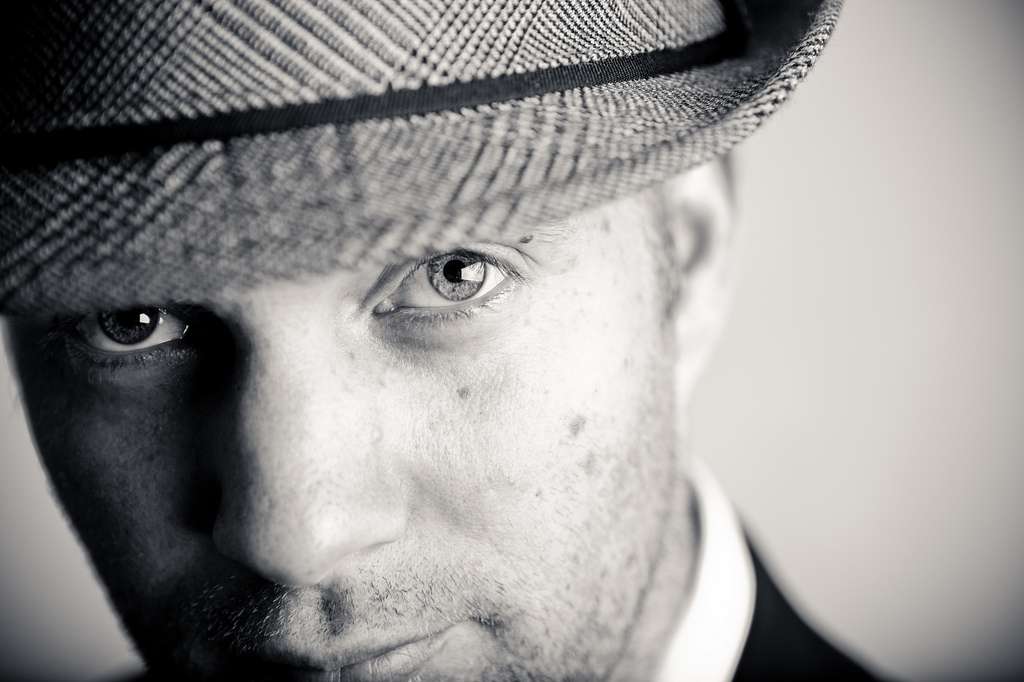DOJ Report: 'Males, Whites, Republicans' and Porn Watchers Hold 'Incorrect Beliefs' About Sex Trafficking
Don't worry, the feds will fix those for you.


Americans think that addressing human trafficking should be a "high" or "top" priority for the government, according to public opinion research commissioned by the U.S. Justice Department. In a survey of some 2,000 American adults, 80 percent said they have "some" or "a lot" of concern about human trafficking in America and 51 percent think that thwarting it should be a government priority.
Only 45 percent of those surveyed said they have "some" or "a lot" of concern about U.S. prostitution.
The research was conducted in the spring of 2014 and released as part of a large report on "legislative, legal, and public opinion strategies that work" to combat sex and labor trafficking. The first two sections of the report examined state strategies, arrests, and prosecutions for human-trafficking offenses from 2003 through 2012. The third section was aimed at identifying "what the public knows, thinks, and feels about human trafficking," as well as "factors that may cause people to change the way they think about and engage with the issue."
This section is especially interesting because—based on both the questions asked and the way researchers discuss responses—you can see how the federal government prefers to frame the issue of human trafficking and what rhetorical ploys they're hoping will catch on. For instance, most survey respondents had "a solid understanding that human trafficking is a form of slavery," the researchers state, brandishing this idea—human trafficking is modern slavery—as simple fact rather than an emotionally charged frame.
Overall, the public still holds many "incorrect beliefs about human trafficking," researchers say.
Many of these "incorrect beliefs," however, describe what were previously (and in many places still are) common and legally accepted notions about human trafficking: that it is "another word for smuggling immigrants," that it "always requires threats of or actual physical violence," and that it "requires movement across state or national borders." Others are only "incorrect" if you use an incredibly expansive definition of human trafficking (i.e., one that includes all prostitution as sex trafficking).
For instance, researchers note with seeming dismay that while most people (73 percent) say human trafficking is widespread or occasional in the United States, few believe it is widespread in their own states or communities. But there is no evidence to suggest that human trafficking is "widespread" anywhere in America, let alone in every community. The majority of these people are probably correct.
The report also cautions that "the public has not made the connection between how their own attitudes and behaviors can either help or hinder the movement against human trafficking." Yet it offer no further information about what this alleged "connection" is.
Republicans, men, and whites were the least likely to be concerned about human trafficking in America or to say it should be a government priority. Democrats, older adults, racial minorities, and women were the most likely to be concerned and to want the government to take action. Meanwhile, "sex related behaviors" such as having visited a strip club or watched porn within the last year corresponded to greater knowledge about human trafficking but less concern and less belief that it should be a government priority.
The researchers recommended "public awareness campaigns directed toward reticent groups, which includes males, whites, Republicans, those that consume pornography, and those that visit strip clubs."
Other messages the government would like people to take away include that that people "who knowingly enter prostitution can still be trafficked" (73 percent of respondents agreed to this) and that helping a minor engage in prostitution is always sex trafficking (78 percent concurred).


Show Comments (189)